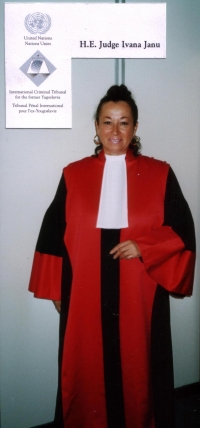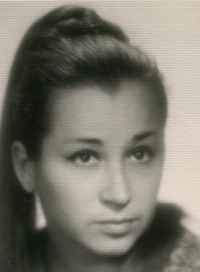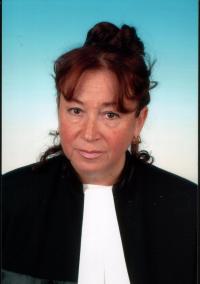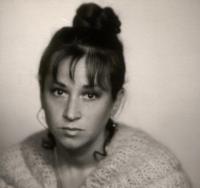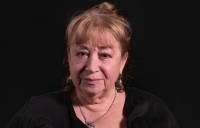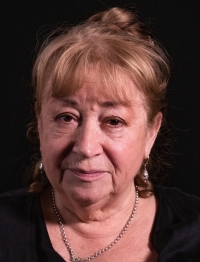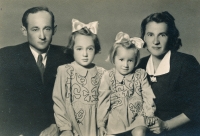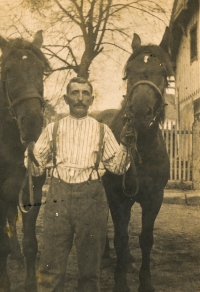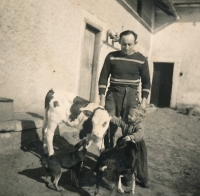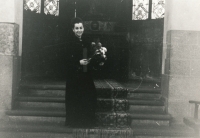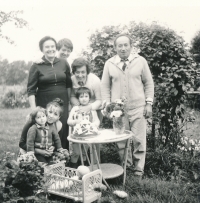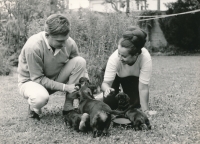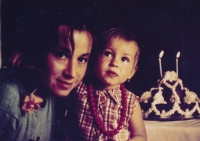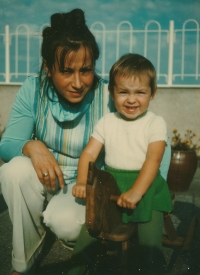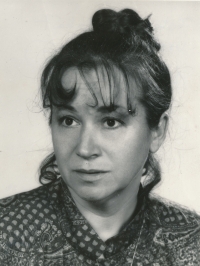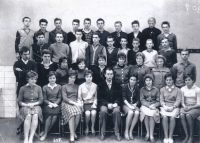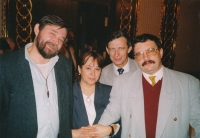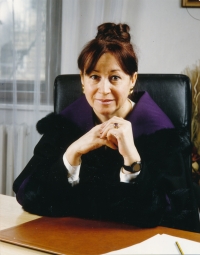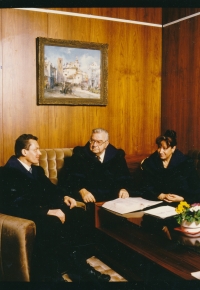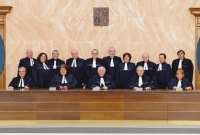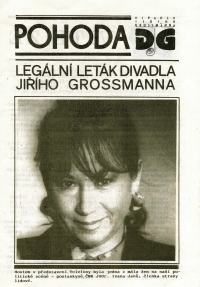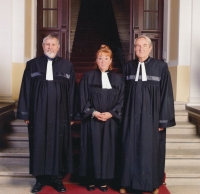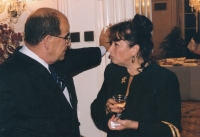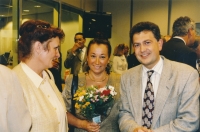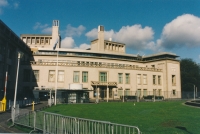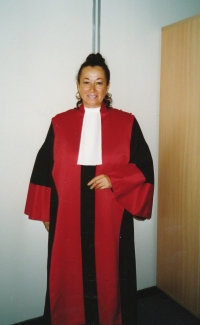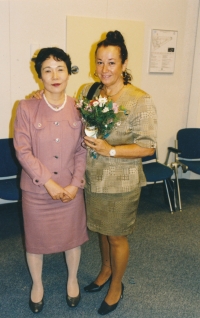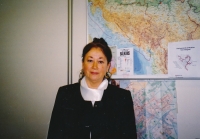Only free people are capable of great acts
Ivana Janů D.C.L. was born on March 14, 1946 into a farming family in the village Plazy in Mladá Boleslav region. Her youth was marked by the nationalization of the family estate when her parents refused to join the JZD (Unified Agricultural Cooperative) in the 1950s. Although she had straight A‘s, she had to do manual labor for two years after primary school before the Communists allowed her to enroll in the Secondary School of Construction Engineering. She studied it in Prague. Thanks to political liberalization in the 1960s, she entered the Faculty of Law at Charles University of Prague, which she completed in 1972. She received her International Law Doctorate degree two years later. Between 1973 and 1983, she worked at the Water Management Research Institute in the field of water management legislation and environmental legislation. Between 1983 and 1989, she worked as a senior corporate lawyer at a construction organization. After the political change in November 1989, she was co-opted into the then Czech National Council and subsequently she ran for parliament and was successfully elected into office twice. During her parliamentary mandate, she worked in the Constitutional and Legal Committee, the Mandate and Immunity Committee. Since 1992 she also worked as the Foreign Affairs Committee vice-chairman. As a member of the parliamentary commission for the drafting of the Constitution, she participated in the creation of the current Constitution of the Czech Republic. In 1992, she was elected by the Parliament as head of the delegation of the Parliament of the Czech Republic to the Council of Europe in Strasbourg, where she worked in the political and legal committee. In 1991 she accepted an invitation from the United States congress to have a two months internship, focusing on the democratic and constitutional system of the USA. In November 1993, she became a judge and vice-president of the Constitutional Court of the Czech Republic, and was entrusted with managing the foreign relations of the Constitutional Court of the Czech Republic. In June of 2001 she was elected by the General Assembly ad litem as judge of the International Criminal Tribunal for the former Yugoslavia, after serving eight years of her ten-year term as a judge of the Constitutional Court. Her mandate at the International Criminal Tribunal in the Hague ended in 2004. There she dealt with extremely cruel and serious war crimes. After that, she took her oath again in the hands of the President of the Czech Republic as a constitutional judge. In the years 2015 - 2020, she was the chairwoman of the Office for the Protection of Personal Data. Ivana Janů lived in Prague 6 at the time of filming (2019).

